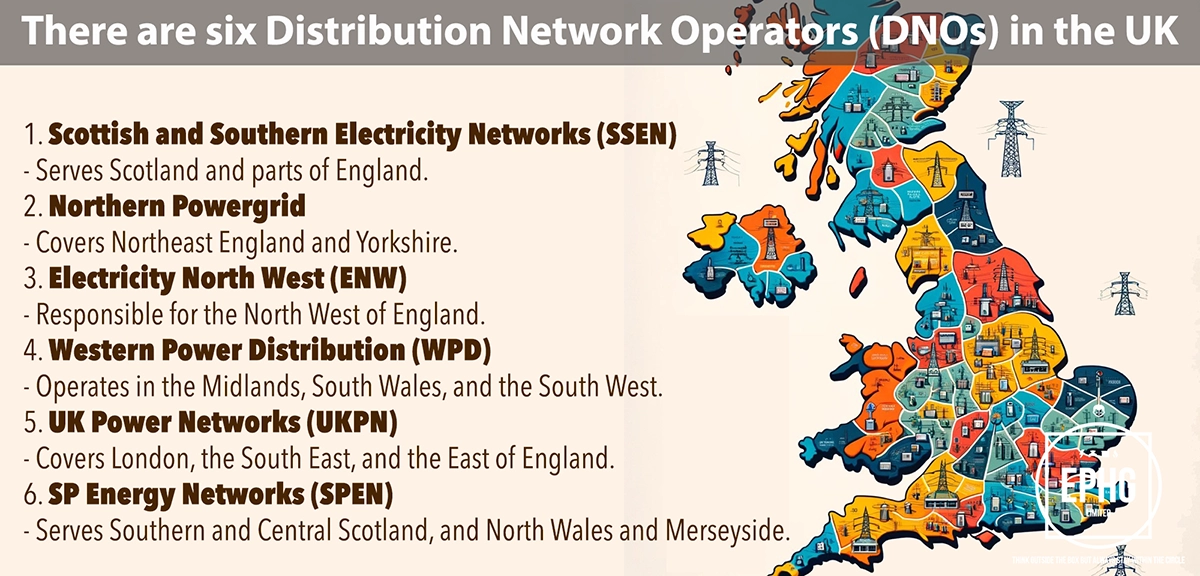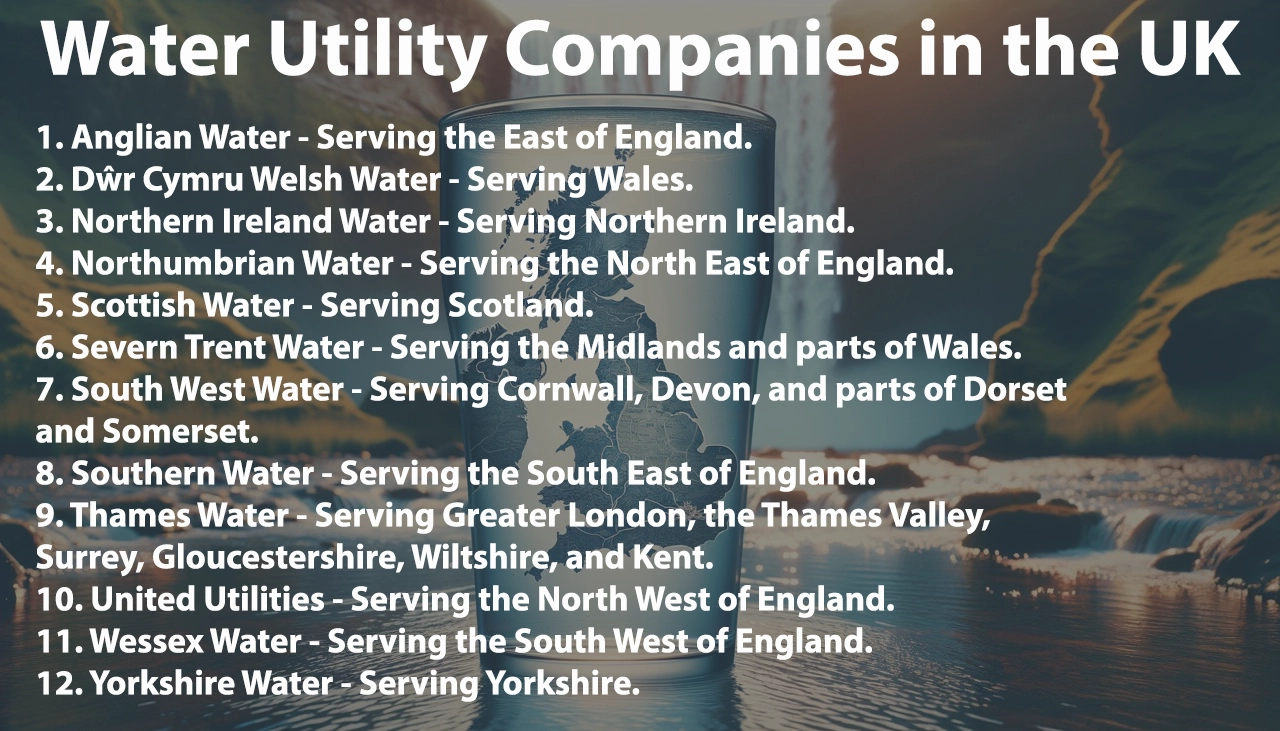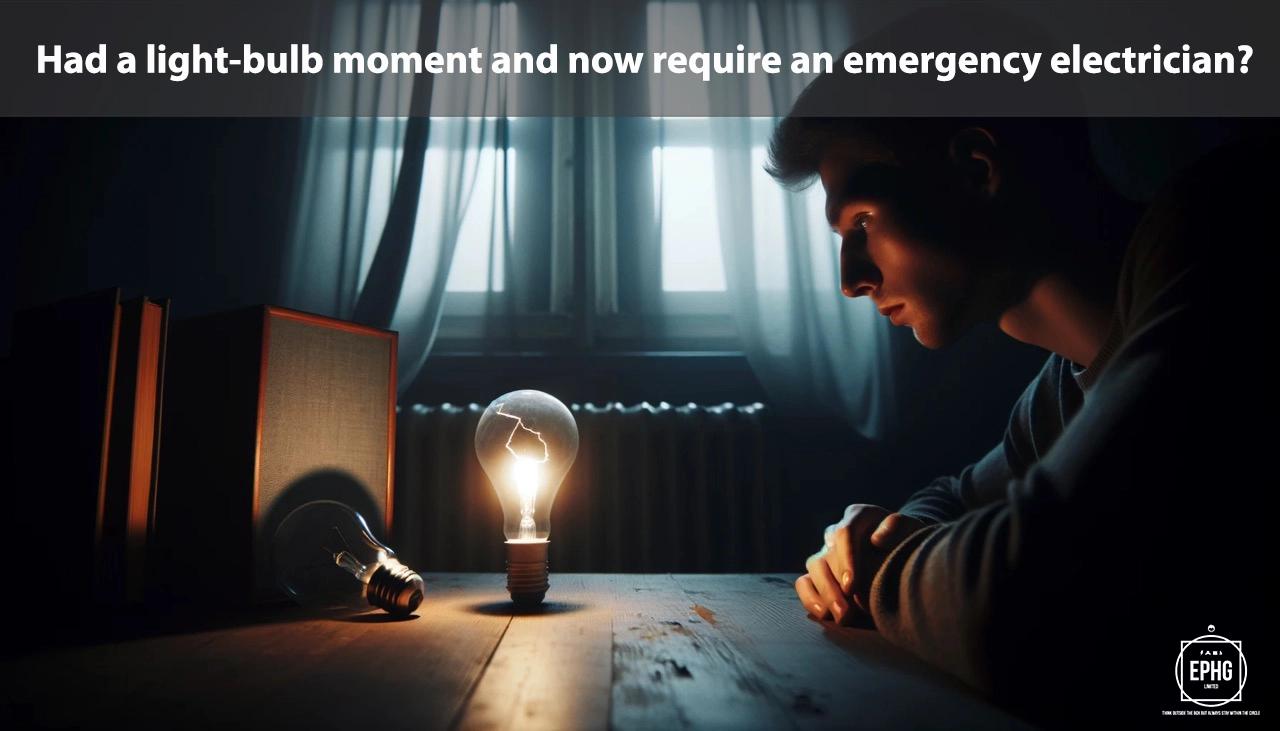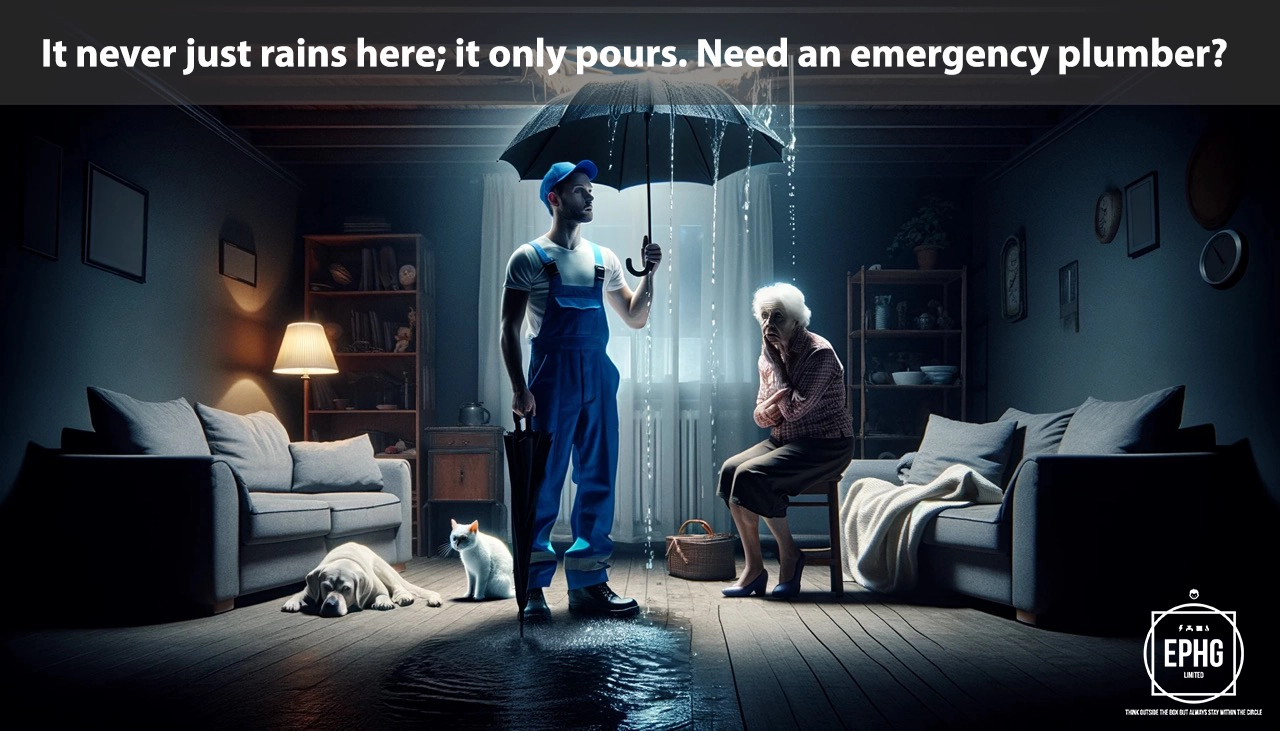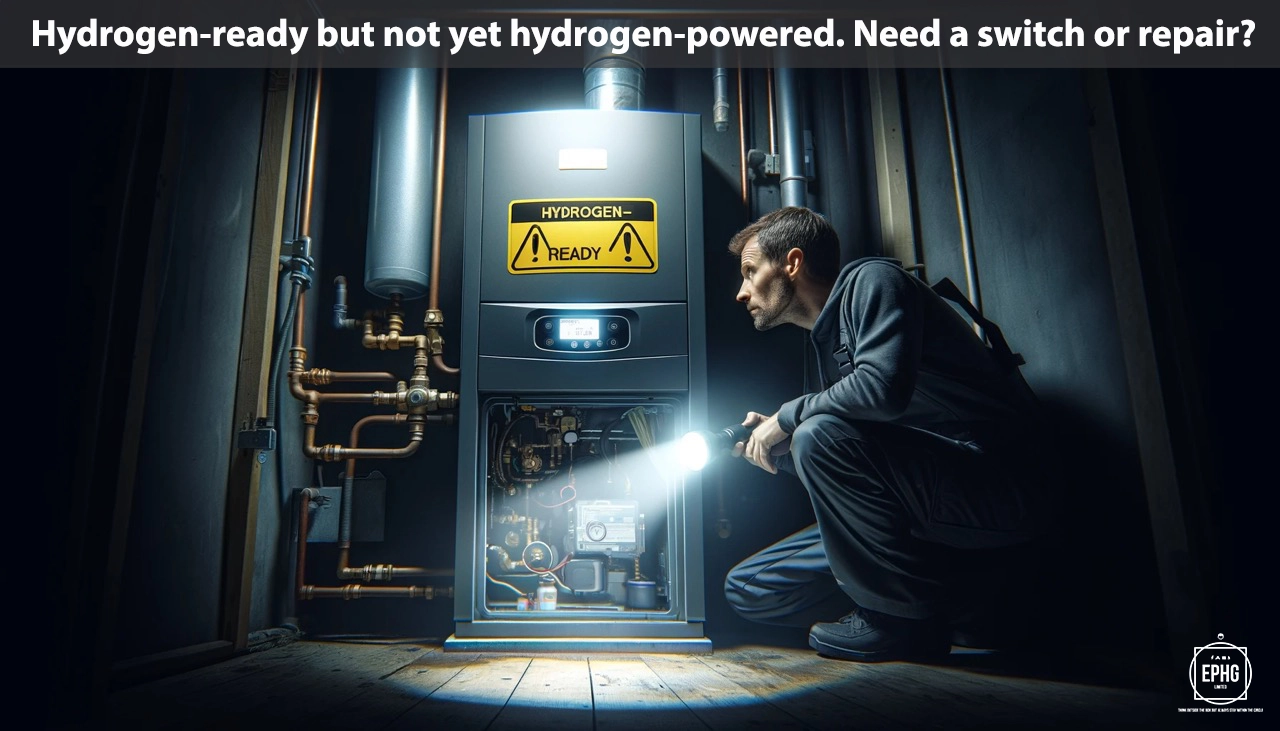
NN Postcodes for Utilities & Services in Northampton
Introduction: The NN postcode area, encompassing Northampton and its neighbouring regions, is rich in history and diversity. Here we delve into the local water and electricity sectors, offering unique insights and valuable information.
Water in Northampton
Where does the water supply come from in Northampton, and is there ever a shortage of water?
In Northampton, the primary water sources are the River Nene and underground aquifers. These sources provide high-quality, moderately hard water to the region. The River Nene plays a vital role in the local water supply chain, with treatment facilities ensuring compliance with health and safety standards before distribution. Despite Northampton's generally reliable water provision, environmental factors such as seasonal variations and population dynamics can occasionally pressure the water system. Local authorities actively manage water resources and implement sustainable practices to mitigate shortages. Residents are also encouraged to participate in water conservation efforts to ensure sustainable usage and supply continuity.
What is the hardness and quality of the water in Northampton, and how can this affect your health?
The water in Northampton is classified as moderately hard due to the presence of calcium and magnesium compounds, a result of the water percolating through limestone and chalk in the catchment area. While moderately hard water is safe for consumption and generally not detrimental to health, it can contribute to scale buildup in appliances and affect the efficiency of soap and detergents. The water quality is regularly monitored to adhere to stringent safety standards, ensuring it remains safe for all household uses. While hard water is not associated with adverse health effects, individuals with specific health conditions should consult healthcare providers. The regional water authorities are committed to providing residents with clear, updated information on water quality and hardness.
Regions and Services:
The NN postcode spans a diverse array of landscapes, from urban centers to pastoral countryside. Key areas include:
- Northampton City: The heart of local utilities innovation, featuring comprehensive water and electric infrastructures aligned with modern demands.
- Kettering, Wellingborough, and Daventry: Towns that balance historical richness with the necessities of contemporary utility services, reflecting their distinct heritage and developmental trajectories.
- Brackley, Towcester, and Rushden: Smaller communities embracing sustainable and efficient utility solutions, showcasing a commitment to environmental stewardship and community well-being.
Electricity in Nottingham
Where does the electric supply come from in Nottingham and what is the future of energy there?
Nottingham's electricity supply is diversely sourced from traditional fossil fuels, nuclear power, and a growing array of renewable resources. The city has a historical association with coal and oil, but recent years have seen a dramatic shift towards greener practices. Nottingham is embracing renewable energy, with significant contributions from solar panels, biomass, and wind turbines. The city is a pioneer in sustainable urban planning, aiming to become carbon-neutral by 2028. This green vision includes expanding renewable energy generation and increasing energy efficiency across residential and commercial properties. The future of energy in Nottingham is looking increasingly green as the city moves away from its coal-based heritage towards a more renewable, sustainable model.
When is hydrogen coming to gas boilers in Nottingham?
Nottingham is actively participating in national discussions and pilot projects on hydrogen energy. While there’s no set timeline for the complete transition, the city is preparing for a future where hydrogen could replace natural gas in homes. This is part of Nottingham's broader environmental strategy, which includes reducing greenhouse gas emissions and transitioning to sustainable energy sources. Homeowners are encouraged to maintain energy-efficient practices and keep abreast of new developments as the city explores this clean energy alternative. Local services remain ready to assist with energy solutions, ensuring that the transition, when it comes, is as smooth as possible for residents.
Where Does the Wastewater Go in Nottingham?
Nottingham's approach to wastewater management focuses on sustainability and public health, with an efficient collection system channeling wastewater to treatment facilities like the Colwick Sewage Treatment Works. These facilities are equipped with advanced technology to treat wastewater to high standards, safeguarding both public health and the environment. Following treatment, the purified water is released into local watercourses such as the River Trent, adhering to strict environmental standards. The emphasis on sophisticated treatment processes and continual investment in infrastructure demonstrates Nottingham’s commitment to environmental stewardship and urban sanitation, ensuring a clean, healthy environment for all inhabitants.
Regions and Services:
The NG postcode covers a wide array of landscapes, from the bustling urban center of Nottingham city to the serene countryside of Nottinghamshire. Key regions within this postcode area include:
- Nottingham City: The heart of urban development, featuring robust electrical and gas infrastructure and a strong focus on sustainable energy solutions.
- Newark, Mansfield, and Worksop: These towns blend historical charm with modern amenities, showing a commitment to renewable energy alongside traditional services.
- Beeston, West Bridgford, and Arnold: Suburbs known for their community-focused developments, increasingly adopting green initiatives like solar panels and community energy projects.

Regions within the NN Postcode
Northampton and Immediate Vicinity
- NN1: Northampton town center and Abington - The cultural and commercial hub with historic sites and shopping areas.
- NN2: Kingsthorpe, Queens Park - Residential areas with local amenities and green spaces.
- NN3: Weston Favell, Moulton, Great Billing - Combining suburban living with shopping centers and parks.
- NN4: Far Cotton, Brackmills, East Hunsbury, West Hunsbury, Grange Park - Mix of residential and industrial areas with community facilities.
- NN5: Duston, St James, Dallington, Spencer - Diverse residential communities with local businesses and parks.
- NN6: Brixworth, Spratton, Pitsford - Rural and suburban settings north of Northampton, offering countryside living.
Wider Northamptonshire Areas
- NN7: Bugbrooke, Castle Ashby, Earls Barton, Long Buckby - Villages known for their historic sites and community spirit.
- NN8: Wellingborough, Wilby - Including the town of Wellingborough with retail, leisure, and industrial zones.
- NN9: Finedon, Irthlingborough, Wollaston - Areas combining modern development with historical charm.
- NN10: Rushden, Higham Ferrers - Towns with growing retail sectors and local amenities.
- NN11: Daventry, Weedon Bec, Welton - Market town with surrounding villages featuring scenic landscapes.
- NN12: Towcester, Silverstone, Paulerspury - Includes historic Towcester and the famous Silverstone racing circuit.
- NN13: Brackley, Croughton, Evenley - Known for motorsports heritage and rural community life.
- NN14: Desborough, Rothwell, Thrapston, Burton Latimer - Mix of small towns and villages with historical backgrounds.
- NN15: Kettering, Barton Seagrave - Urban and suburban mix with facilities for shopping and recreation.
- NN16: Kettering town centre and nearby areas - Combining historic elements with modern amenities.
- NN17: Corby, Rockingham - Industrial heritage with new residential and retail developments.
- NN18: Corby, Great Oakley, Little Oakley - Expanding areas with business parks and community growth.
- NN19: Raunds, Ringstead, Stanwick - Villages offering a balance between rural and accessible living.
- NN20: This is not a commonly used postcode sector and may be reserved for future use.
- NN29: Wollaston, Bozeat, Great Doddington, Irchester - Characterful villages with local amenities and natural beauty.
